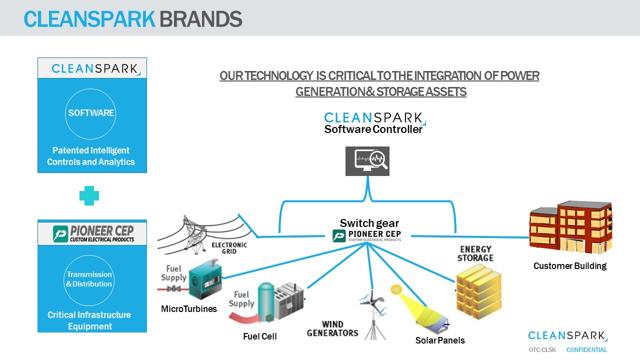
However, since national production is the sum of generation of several plants, it will be affected by the decisions of a large number of economic players, which makes this modelling troublesome. Therefore, it is clear that modelling and predicting hydropower production is of great importance to determine the effects of the energy policy of the countries involved. As a result, storage hydropower plants offer flexibility to the grid and help mitigate the short-term production uncertainty that affects most green energy technologies, as shown in Albadi and El-Saadany ( 2010) and Hirth ( 2016) for wind and in Komiyama and Fujii ( 2014) for solar power. As known, this technology allows water resources from watercourses or lakes to be stored in reservoirs, and this enables plant management to choose whether and when to release water to produce electricity (Killingtveit 2019). In fact, it generates about \(60\%\) of renewable electricity and has median life-cycle carbon equivalent intensity of 18.5 gCO2-eq/kWh (IHA 2018).Īmong hydropower plants, those equipped with storage technology play a crucial role for the electric power system and for the energy transition. In this scenario, hydropower is of paramount importance as it is the most widespread source of electricity with low GHG emissions. In the last decades the problem of reducing green-house gases emissions has obtained increasing worldwide concern and energy policies have been oriented towards a transformation of the global energy sector from fossil-based to zero-carbon sources, undertaking the so-called Energy Transition. This implies that it is important to incorporate CSS expectations into the storage hydropower model. It is shown that, if the right mix of power price and CSS expectations is considered, the prediction error of the model is drastically reduced. In this connection, using entropy and machine learning tools, we present a method for embedding this expectations in a model to predict storage hydropower generation, showing that, for some time horizon, expectations on CSS have a greater impact than expectations on power prices. In this paper, we investigate the impact of the variables influencing the choices of price maker producers, and, in particular we study the impact of Clean Spark Spread expectations on storage hydroelectric generation. As the latter is related to a wide range of types of variables, in order to incorporate it in a large-scale prediction model it is important to select the variables that impact most on storage hydropower generation.


However, using water in reservoirs represents an opportunity cost, which is related to the evolution of plant production capacity and production profitability. As a result, it provides flexibility to the grid and helps mitigate the short-term production uncertainty that affects most green energy technologies. Storage hydropower generation plays a crucial role in the electric power system and energy transition because it is the most widespread power generation with low greenhouse gas emissions and, moreover, it is relatively cheap to ramp up and down.


 0 kommentar(er)
0 kommentar(er)
